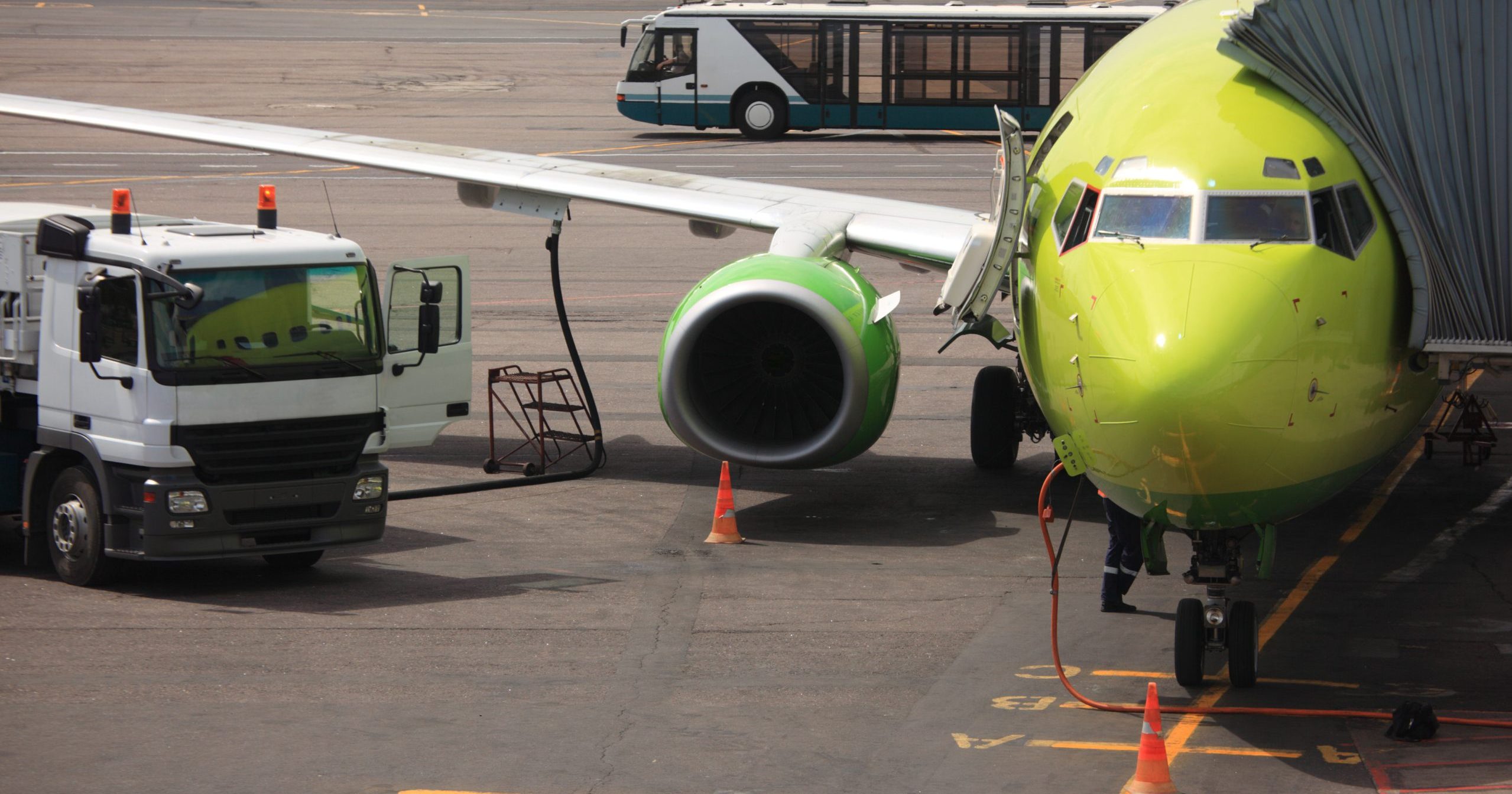
Pathway to net zero aviation: Developing the UK sustainable aviation fuel mandate
Transport & Environment's consultation response
SAF is crucial to help decarbonise aviation, but the proposals contained in the UK’s SAF mandate consultation need to be adapted and upgraded to ensure that the strictest sustainability criteria are adhered to, that final minimum percentages are based on future feedstock levels – especially for the PtL sub-mandate, and that the buy-out price reflects the environmental damage caused by any excess fossil-fuel emissions released. The Government has already set a 2030 SAF target of 10%, but the supply into jet fuel of many waste feedstocks should be restricted or banned, under the Government’s own rules. Focus should therefore be on biogenic and electrically-derived feedstocks. Currently, the consultation suggests that that is not the case.
T&E’s main recommendations
The HEFA cap should be set at 0% until at least 2032.
The focus of the SAF mandate, and SAF policy more generally, should shift to biogenic feedstocks, some recycled carbon fuels and power-to-liquids.
The Government should recognise that waste has a value: consideration should be given to banning the export of UK waste.
The PtL target needs to be raised substantially: T&E recommends the 2030 minimum level should be 5.5%, and allow any carbon feedstock.
A ‘sub-sub’ PtL mandate, where only direct air-captured carbon should be used as the carbon source for the resulting PtL should be applied.
The buyout price for not supplying PtL should be £4.86 per litre, and for other SAFs should be £3.40 per litre (2020 prices).
Should suppliers not supply enough mandated SAF (or equivalent certificates) in any given year, they should be obliged to pay the buy-out and make up the shortfall in subsequent years.
The minimum carbon intensity reduction should be set at the same level as the EU SAF mandate scheme: 65% for biofuels, and 70% for the rest from the beginning.
